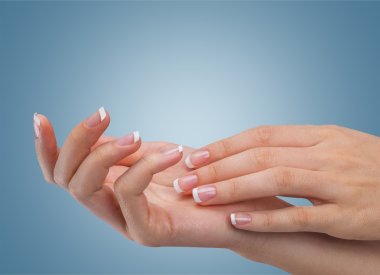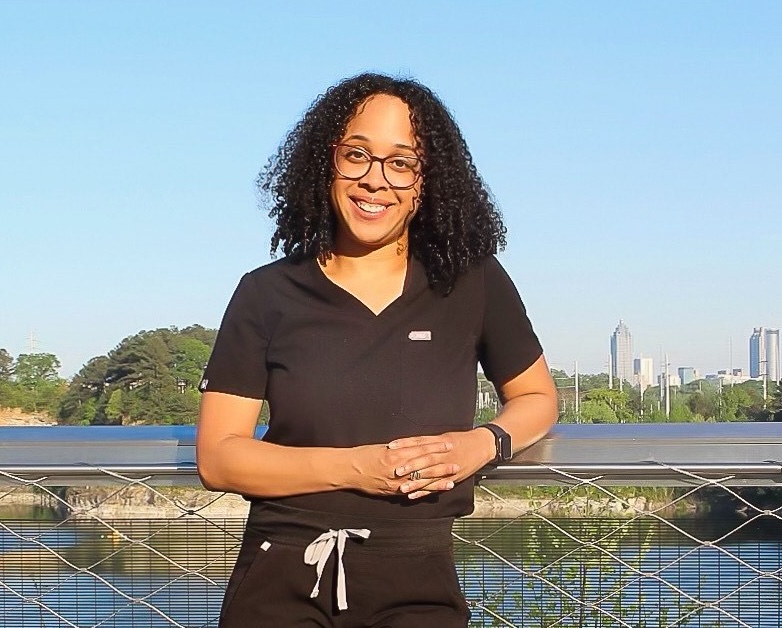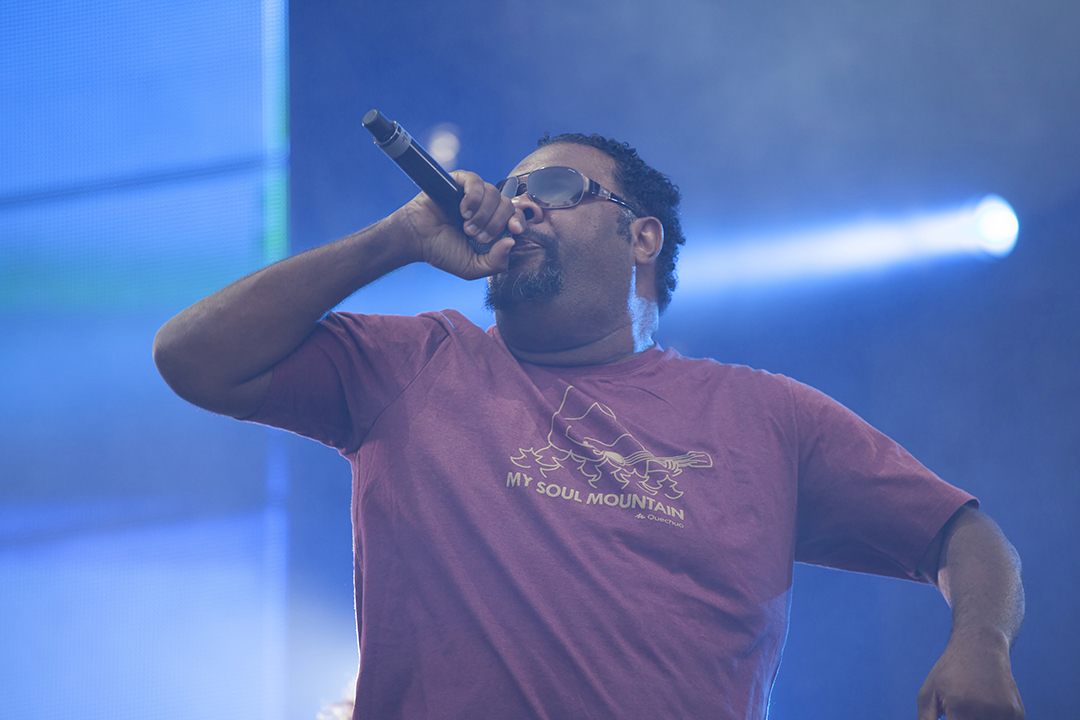Finland-based health-tracking ring maker Oura announced it has entered into an agreement to acquire fellow Finnish company Veri, which offers personalized metabolic health programs.
Veri uses the FDA-cleared Abbott FreeStyle Libre 1, 2, and 3 sensors to monitor a user's metabolic health by collecting data from their body. An app enabled by continuous glucose monitors (CGMs) then guides the user on improving diet, habits and health.
Oura will integrate Veri's metabolic health offering this fall by introducing Meals, a new feature that will allow members to track the timing of their meals to understand how their sleep, stress and recovery are impacted by when they eat.
Meals will be available in the opt-in section of the company's Oura Labs app, which allows wearers to test features in development and give feedback.
Many of Veri's workforce will join Oura, including its three founders, who will become employees of the ring maker.
"Our strategy is to be a personal health companion, and to do that, we will continue to add new dimensions, as we’ve done with Heart Health and Women’s Health, to the Oura experience. Metabolic health is the next natural dimension of that experience, and Veri is a key part of unlocking that dimension," Tom Hale, Oura CEO, told MobiHealthNews in an email.
"Today, the Oura Ring is a standalone product, but we see a world where the product experience includes other health data inputs and sensors, such as CGMs, factoring into the data and insights presented within the Oura App. The expertise of Veri’s employees will help accelerate this vision, strengthening our product and opening up new avenues for metabolic health offerings."
THE LARGER TREND
Last week, the FDA issued a recall of certain FreeStyle Libre 3 sensors, a component within the FreeStyle Libre 3 CGM system, due to the risk of inaccurate high glucose readings.
The FDA's statement reads, "The use of affected products may cause serious adverse health consequences, including severe low blood sugar (hypoglycemia), which can cause central nervous system problems, loss of consciousness, seizures, coma, permanent brain damage, and death."
Two injuries have been reported, with no reports of death.
Oura debuted on Kickstarter in 2015 and has since garnered a great deal of funding.
In 2021, the company secured $100 million in a Series C round, and in 2022, it announced it reached a valuation of $2.55 billion. At the time, a spokesperson told MobiHealthNews that it had raised an "oversubscribed" funding round, but did not release further details on the amount raised.
In 2022, the company launched Oura for Business, which supplies individuals with personalized insights, while providing customized tools and recommendations for leaders based on group data.
Last year, the wearables company acquired digital identification startup Proxy in an all-equity deal. Proxy offers digital identity tech that aims to replace keys, cards, badges, apps and passwords, and the startup said it was working to include its offerings on wearable devices, as well as phones.
Oura also partnered with teletherapy company Talkspace to allow Oura wearers to share their personalized sleep and daily movement data with Talkspace therapists.
In May, the Finnish company added two heart health monitoring features to its Oura Ring Gen3 wearable: Cardiovascular Age (CVA) and Cardio Capacity.
The CVA feature uses data from the device to estimate a user's cardiovascular age relative to their actual age. They receive a CVA metric indicating whether they are trending below, above or in alignment (within five years) with their chronological age.









![Healthy No-Bake Mint Chocolate Truffles [high protein + no added sugar]](https://healthyhelperkaila.com/wp-content/uploads/2024/08/IMG_1902-e1724891697681.png)








 English (US) ·
English (US) ·